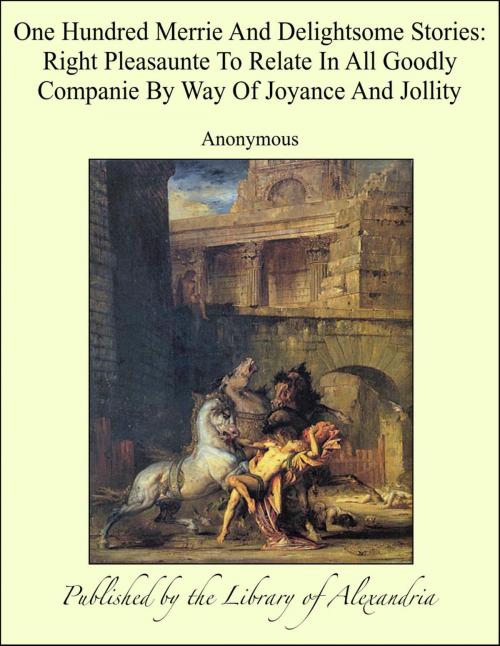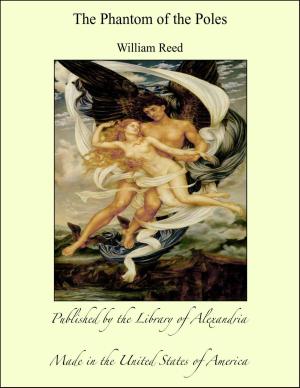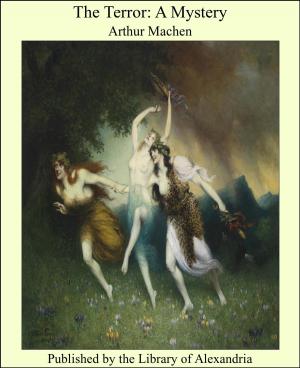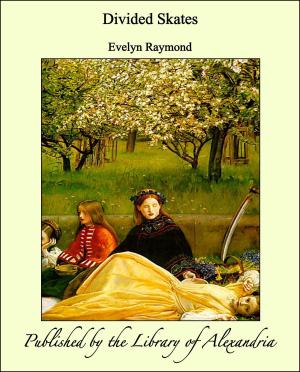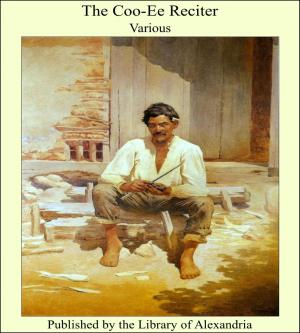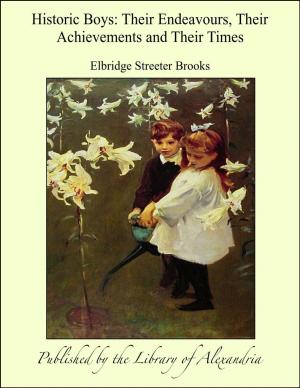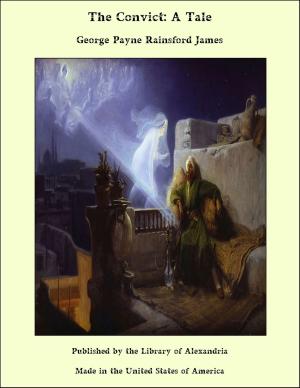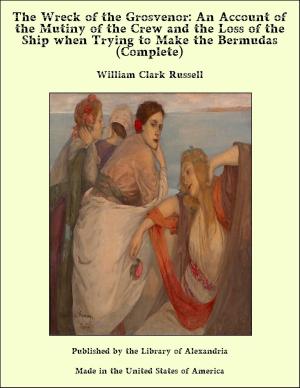One Hundred Merrie And Delightsome Stories: Right Pleasaunte To Relate In All Goodly Companie By Way Of Joyance And Jollity
Nonfiction, Religion & Spirituality, New Age, History, Fiction & Literature| Author: | Anonymous | ISBN: | 9781465571496 |
| Publisher: | Library of Alexandria | Publication: | March 8, 2015 |
| Imprint: | Language: | English |
| Author: | Anonymous |
| ISBN: | 9781465571496 |
| Publisher: | Library of Alexandria |
| Publication: | March 8, 2015 |
| Imprint: | |
| Language: | English |
The highest living authority on French Literature—Professor George Saintsbury—has said: "The Cent Nouvelles is undoubtedly the first work of literary prose in French, and the first, moreover, of a long and most remarkable series of literary works in which French writers may challenge all comers with the certainty of victory. The short prose tale of a comic character is the one French literary product the pre-eminence and perfection of which it is impossible to dispute, and the prose tale first appears to advantage in the Cent Nouvelles Nouvelles. The subjects are by no means new. They are simply the old themes of the fabliaux treated in the old way. The novelty is in the application of prose to such a purpose, and in the crispness, the fluency, and the elegance, of the prose used." Besides the literary merits which the eminent critic has pointed out, the stories give us curious glimpses of life in the 15th Century. We get a genuine view of the social condition of the nobility and the middle classes, and are pleasantly surprised to learn from the mouths of the nobles themselves that the peasant was not the down-trodden serf that we should have expected to find him a century after the Jacquerie, and 350 years before the Revolution. In fact there is an atmosphere of tolerance, not to say bonhommie about these stories which is very remarkable when we consider under what circumstances they were told, and by whom, and to whom
The highest living authority on French Literature—Professor George Saintsbury—has said: "The Cent Nouvelles is undoubtedly the first work of literary prose in French, and the first, moreover, of a long and most remarkable series of literary works in which French writers may challenge all comers with the certainty of victory. The short prose tale of a comic character is the one French literary product the pre-eminence and perfection of which it is impossible to dispute, and the prose tale first appears to advantage in the Cent Nouvelles Nouvelles. The subjects are by no means new. They are simply the old themes of the fabliaux treated in the old way. The novelty is in the application of prose to such a purpose, and in the crispness, the fluency, and the elegance, of the prose used." Besides the literary merits which the eminent critic has pointed out, the stories give us curious glimpses of life in the 15th Century. We get a genuine view of the social condition of the nobility and the middle classes, and are pleasantly surprised to learn from the mouths of the nobles themselves that the peasant was not the down-trodden serf that we should have expected to find him a century after the Jacquerie, and 350 years before the Revolution. In fact there is an atmosphere of tolerance, not to say bonhommie about these stories which is very remarkable when we consider under what circumstances they were told, and by whom, and to whom
